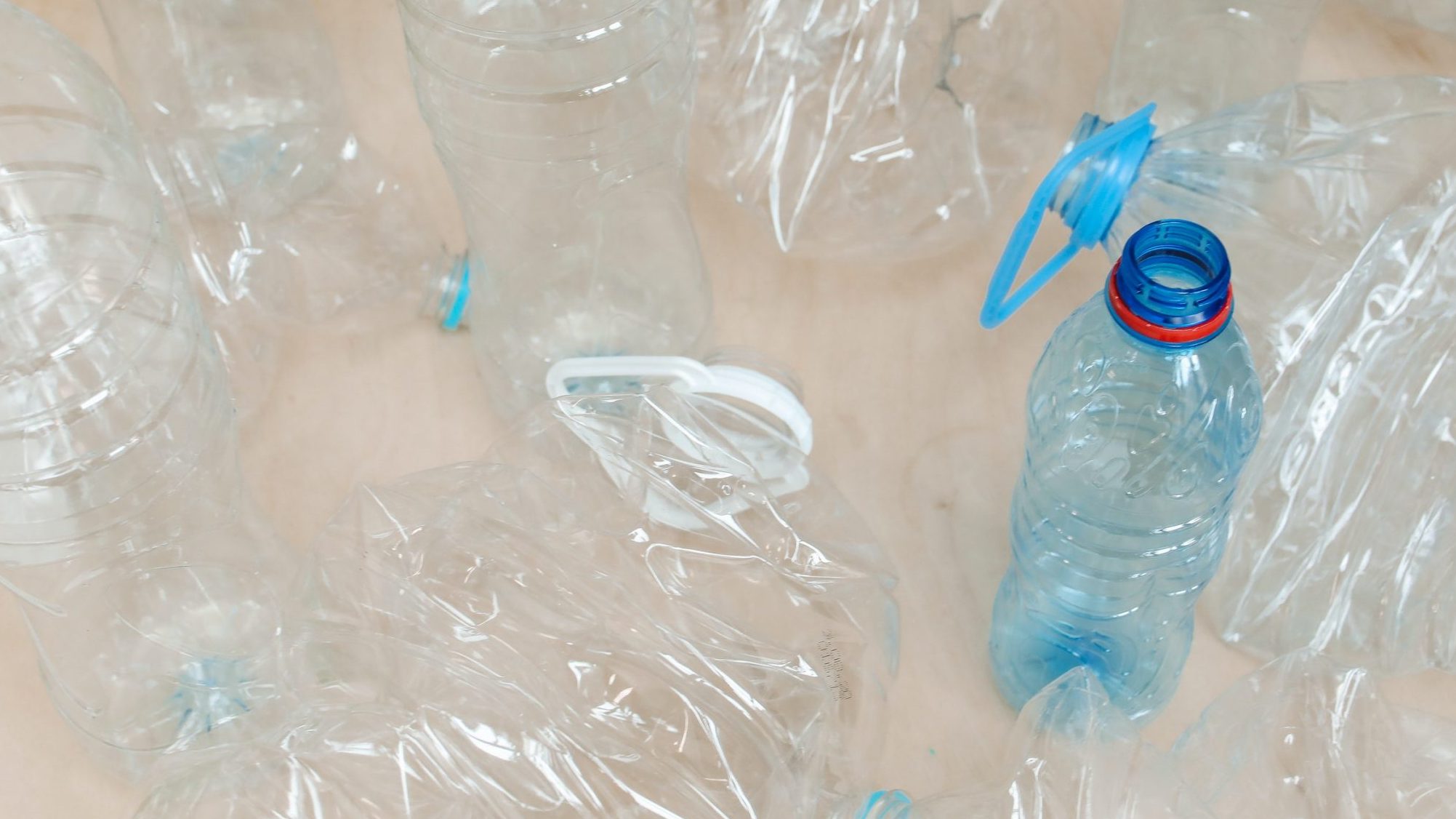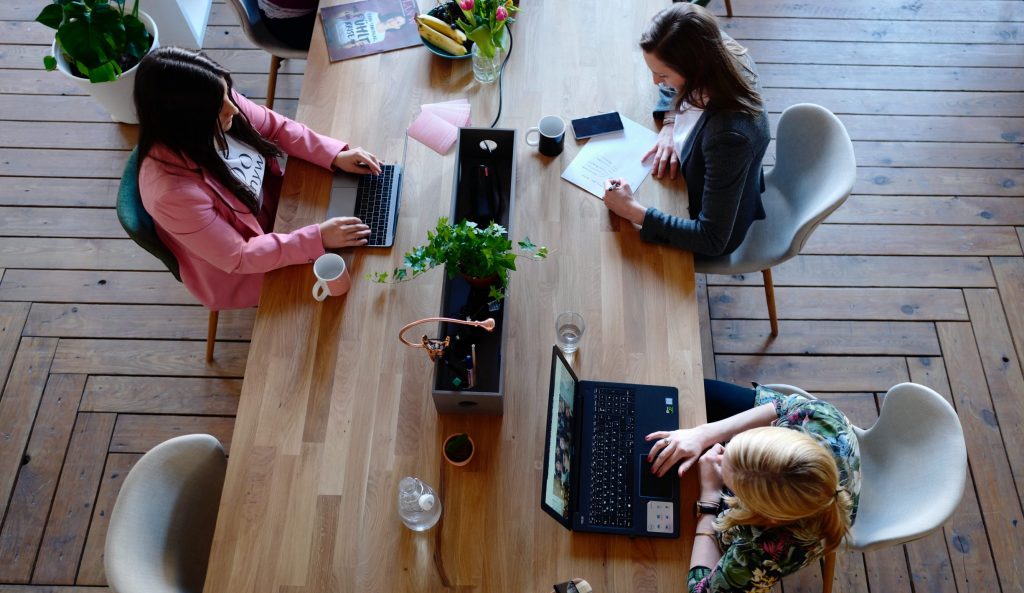Ahmed Yassin, 31, had a surprise find when he stepped onto the beach on Alexandria’s Corniche in Bahari. There — amid the discarded plastic water bottles, ice cream boxes, and fishing nets — was a new type of garbage washing ashore. Dozens and dozens of the disposable face masks.
On that overcast morning early June, days after Egypt reported 30,000 cases of COVID-19, the environmental activist collected more than 100 kilograms of plastic from a 60-meter long beach. Nearly 5 percent of the waste was surgical masks.

The pandemic has brought a dramatic increase in the proliferation of single-use plastic, the main component in masks, gloves, hand sanitizer bottles, test kits, takeout containers, delivery packaging and other items central to a new, hyper-hygienic way of life. According to a World Wildlife Fund (WWF) report, “1 percent of masks disposed of incorrectly would mean 10 million masks polluting the environment each month.”
“Considering that the weight of each mask is about 4 grams, this would result in the dispersion of more than [40,000] kilograms of plastic in nature,” the report stated.
The broader worry is that COVID-19 will reverse the momentum of a years-long effort to cut down on single-use plastic. The U.N. estimates 13 million tons of plastic are dumped into oceans each year and that half of the plastic produced globally is for single-use items.
“I understand people are afraid because it’s a health pandemic but the quarantine has been a major setback for environmental protection,” says Yassin, founder of Banlastic Egypt, a social enterprise that tackles plastic pollution and works to ban single-use plastic by developing alternative products.
Egypt produces 5.4 million metric tons of plastic annually, making it the biggest plastic polluter in the Arab world. A 2019 report by the WWF revealed that Egypt also is the biggest source of Mediterranean plastic pollution, pouring in 250,000 tons a year.

Banlastic, launched in 2018 with co-founders Yassin, Manar Ramadan and Abdel Kader Alkhaligi advocates for laws to ban plastic use by 2030, especially in Cairo and Alexandria. The three believe that to accomplish that there needs to be alternatives.
“We started with cloth bags, and we moved into cutlery. We developed different sets of products until we reached durable, satisfactory alternatives,” Yassin says. More than 3,000 eco-friendly bags have been sold since launch. One shopping bag costs EGP 25 at their store. The social enterprise also engages in various green activities such as beach and river cleanups. They have completed 15 beach clean-ups with the help of more than 11,528 volunteers.
Protector or polluter?
Coming into this year, many nations had promised to reduce plastic use. The pandemic has forced some to shelve those plans; the World Bank warns that COVID-19, at least for now, “seems to be shifting the tide toward single-use plastics.”
Some local and national governments plan to tackle plastic waste as it hits the streets.
France may increase littering fines to €135 ($151) to combat face mask and glove pollution.
In Egypt, Yassin is working with the British Embassy to raise awareness about the correct disposal of surgical face masks to separate medical waste from residential and commercial waste. “The excess use of masks is harmful to the environment, but this is a pandemic so we have to adapt to the situation,” says Yassin. “Yet, masks and latex gloves should in no way be disposed of with the rest of our trash.” The awareness campaign is still in the planning phase but Yassin hopes to kickstart the project in neighbourhoods like Zamlek in Cairo and Fouad street in Alexandria and move forward from there for stronger outreach.

He explains a closed loop of disposal is a must to proceed with the shift toward a circular economy and the principle of “Reduce, Reuse and Recycle.”
“The litter in the sea is generated by the way we dispose of PPEs and plastic in general, not by the use itself,” Richard Thompson, professor of marine biology at the University of Plymouth, who coined the term “microplastics” in 2004, told the Independent. Thompson said properly designing products could help control the amount of litter in the ocean.
For example, masks imported from China are made with layers of different materials or polymers. This complexity makes them much harder to recycle. “Countries should try to develop products made of the same polymer, which we can trace and collect in sealed disposable bins for disinfecting and recycling,” said Claudia Brunori, a chemist with the Italian government agency for new technologies, energy, and sustainable economic development, to Reuters in June.
This is happening on a small scale at the local level where NGOs, institutions, and researchers have created reusable PPEs, where the mask structure is retained and the filter discarded.
Suppliers are straining to meet a surge in demand for single-use packaging and medical supplies. All manufacturing facilities are now focused on production, says Tamer Younes, head of corporate affairs North Africa & the Levant at Procter & Gamble Egypt.
Bikya, a social enterprise that helps people who want to get rid of their waste responsibly, says that from January through March 621,000 water bottles were collected. Founder Alaa Kamal says that 922,000 were collected from March through May, adding 92 percent of the requests Bikya receives concern plastic.

Workers at Seoudi supermarket in New Cairo say the pandemic has reversed the trend of customers avoiding plastic bags and packaging. “Before the crisis, people were looking for unpackaged, loose fruits and vegetables to be put into reusable bags, but nowadays people are going back to pre-packaged produce because they believe that’s a safer purchase,” says a shop assistant at Seoudi supermarket.
Yet a Bloomberg New Energy Finance (BNEF) report said any spike in plastic demand would likely be temporary and should not change the long-term goal of transitioning to a circular economy. The authors still envision a future in which virtually all plastics are either reused or recycled.
“It will be a stress test for the first two of the three Rs – reduce, reuse, recycle – that form the principles for strategies to prevent plastics pollution. The key hygiene issues arise at the consumption stage and downstream, during collection and sorting of plastic waste before recycling,” BNEF says.
Recycling gains
Moving on to recycling, the final R, Younes suggests he has not seen any country that has really figured out how to invest enough in the recycling industry to capture more plastic than what it is producing.
To this day, only 9 percent of all plastic ever produced has been recycled, and the majority is “downcycled” into items that also end up in landfills, CNBC notes.
“Plastic waste and organic waste need to be separated completely, this applies to medical waste too. This direction can lead to the development of a cultural aspect for Egypt as a nation to move forward and be more aware of waste diversity,” Younes says, adding that the current situation is a very good time for decision-makers and government officials to start working on awareness campaigns.

However, he sees the main challenge, besides cultural readiness, is that a very large share of recycling work is informal.
“It’s extremely difficult to organize and redirect more than 3 million informal workers on how to handle and categorize waste. Informal waste collectors [in Hay El Zabaleen] already have their own supply chain and they manage to make a profit off the waste they collect without sustainability being their priority,” Younes adds.
Waste pickers are the backbone of plastic waste management, collecting at least 970,000 tons annually, according to 2018 media statements by the Egyptian Plastic Technology Centre, affiliated with the Ministry of Industry and Trade.
Yet with a general lack of job security or health benefits, waste pickers also face unprecedented threats to their safety and livelihoods during the pandemic. “With COVID-19, it’s getting even more difficult for us,” says Hemeida Abdel Tawab, a trash collector in Heliopolis.
It’s clear that government and businesses must explicitly and thoughtfully build support for waste pickers into their COVID-19 responses by supplying them with personal protective equipment, connecting them with food and community resources, and ensuring access to formal healthcare systems, according to the World Bank.
The coronavirus pandemic poses difficult short-term choices between health and the environment, yet Janaina Herrera, the French consulate general, sees this as a time for a faster transition to green economies.
“If we miss this transition, we will regret it collectively,” she said at a virtual meetup hosted by Banlastic last month. “We can build a very exciting agenda in Egypt around hydro farms, circular economy, and decentralized recycling initiatives.”
At a macro-level, recycling is falling far short. “It’s clear around the world that the expectations of what could be recycled, and what is actually being recycled, are not being met,” Yassin says. “Some say recycling isn’t the answer, but in a pandemic, it’s very difficult to argue against producing more plastic when many people need different types of products, including for medical services,” Younes notes.

What now?
Younes, Yassin, and Kamal offered five opportunities to reset the clock on plastics. First, work should be done on addressing psychological and behavioral barriers, including a perception that reused or recycled products may not be hygienic, Yassin says. Fear-driven habits and mistrust developed under extreme stress often stick long after the source of stress disappears. “There is an opportunity for people to think slowly and take responsibility for the impact of our consumption and behavioral choices,” he adds. “This includes plastics and packaging we need and what we can live without.”
Secondly, Kamal says, is to design for hygiene and recycling. Packages and containers may need to be easily washed and disinfected for multiple use and refills. This may favor plastic substitutes, such as glass and metals. Consumers often choose easily accessible plastic products with harmful chemicals, which are more expensive to recycle and more hazardous as waste.
Third, is to develop new business models for the collection and sorting of plastic waste. These are the critical bottlenecks to the economics of mechanical recycling downstream, but also can cause exposure to contamination, Younes says. Local initiatives can rebuild trust in the safety of sorted waste and prepare clean, homogenous plastic streams for recyclers. He adds that we might need to develop new technologies to recycle mixed plastics. “We have to remember that recycling is a journey, and adopting new technologies takes time,” he says.
The fourth opportunity are policy incentives that encourage circularity. Scaling up sustainable plastic solutions will require a new wave of behavioral nudges, labels, standards, and taxes/fees on plastic products that use virgin pellets that are expensive to recycle and cause environmental and health hazards, Yassin notes. And Kamal adds that complementary public and private investments in physical infrastructure for sorting, collection, and recycling can be built into countries’ post-coronavirus recovery plans.
Admittedly, plastic is indispensable, especially for protecting our health. This is why we have been facing huge challenges to reduce plastic waste while maintaining our lifestyle, says Yassin. While this COVID-19 pandemic is temporary, plastic pollution could be long-lasting, Younes concludes, and if urgent and proper actions are not taken now it will negatively impact our health, wildlife, and environment







